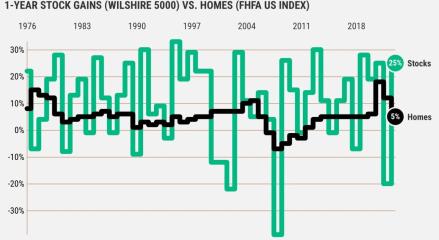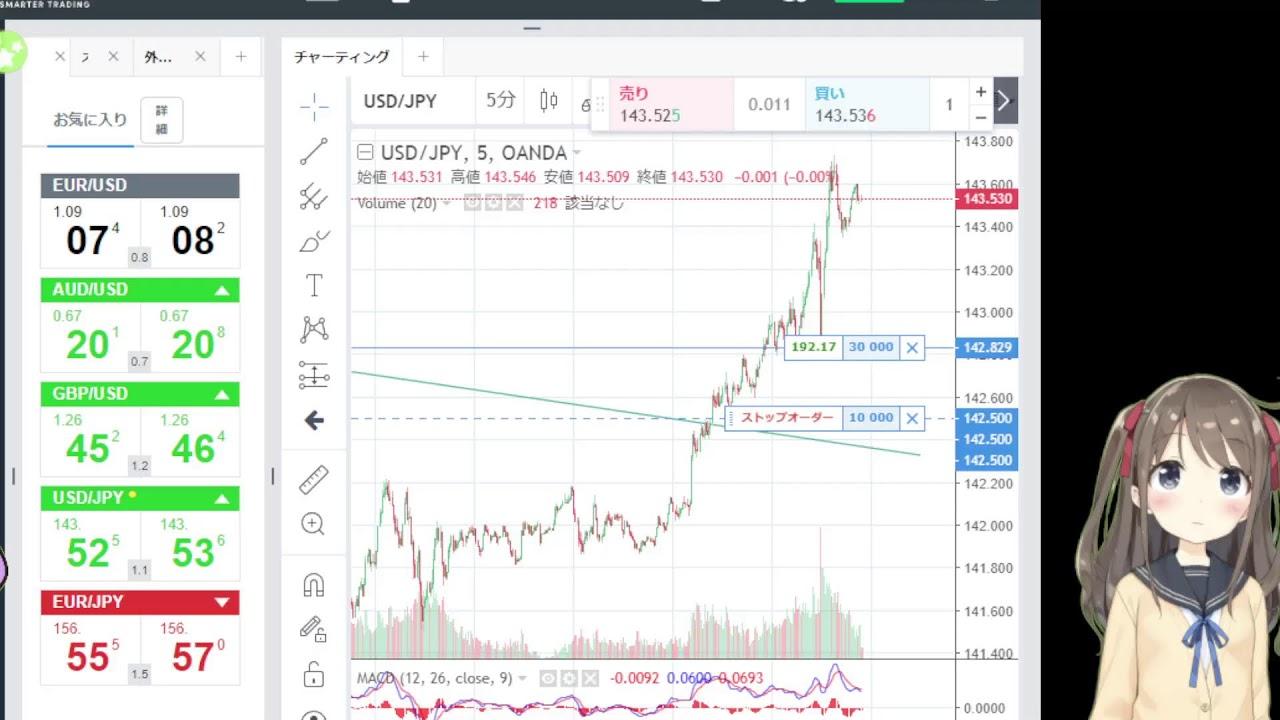Forex companies implement various measures to protect the money of Forex traders. These measures are crucial for building trust and ensuring the security of funds. Here are some key ways in which Forex companies safeguard the money of their clients:
- Regulation:
- Reputable Forex companies are regulated by financial authorities in their respective jurisdictions. Regulatory bodies, such as the Financial Conduct Authority (FCA), the Securities and Exchange Commission (SEC), or the Australian Securities and Investments Commission (ASIC), enforce strict standards and rules to ensure fair and transparent practices. Regulation provides a level of oversight and protection for traders.
- Segregation of Client Funds:
- Forex companies are often required to segregate client funds from their operational funds. This means that client money is held in separate accounts, distinct from the company's operating funds. In the event of financial difficulties or insolvency of the broker, client funds remain protected and are not used to cover the broker's expenses.
- Insurance:
- Some regulatory authorities may require Forex companies to have insurance or compensation schemes in place to protect client funds. This additional layer of protection can provide reimbursement to traders in case the broker faces financial difficulties.
- Secure Payment Systems:
- Forex companies use secure and reputable payment systems for deposit and withdrawal processes. They implement encryption and other security measures to safeguard financial transactions and personal information.
- Anti-Money Laundering (AML) and Know Your Customer (KYC) Procedures:
- Forex companies implement robust AML and KYC procedures to verify the identity of their clients. This helps prevent fraudulent activities and ensures that funds are only transferred to and from verified and authorized accounts.
- Risk Management Tools:
- Forex companies often provide risk management tools such as stop-loss orders and guaranteed stop-loss orders. These features allow traders to set predetermined levels at which their positions will be automatically closed, helping to limit potential losses.
- Regular Audits and Financial Reporting:
- Reputable Forex companies undergo regular audits by independent auditing firms. These audits verify the financial health of the broker and ensure that it is operating in compliance with regulatory standards. Financial reporting transparency is crucial for gaining and maintaining the trust of clients.
- Educational Resources on Security:
- Forex companies often provide educational resources to traders on how to enhance the security of their accounts. This may include information on using secure passwords, enabling two-factor authentication, and recognizing phishing attempts.
- Customer Support and Dispute Resolution:
- A responsive and effective customer support system is important for addressing any concerns or issues related to funds. Forex companies with a commitment to customer satisfaction will have clear procedures for dispute resolution and client complaint handling.
Traders should prioritize working with regulated Forex companies and carefully review the terms and conditions, security features, and regulatory status before opening an account. Staying informed and taking proactive measures to protect one's account is also crucial in the Forex market.















